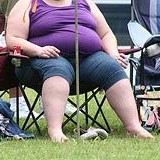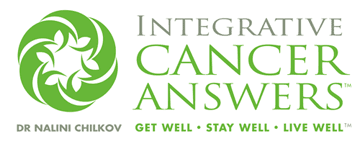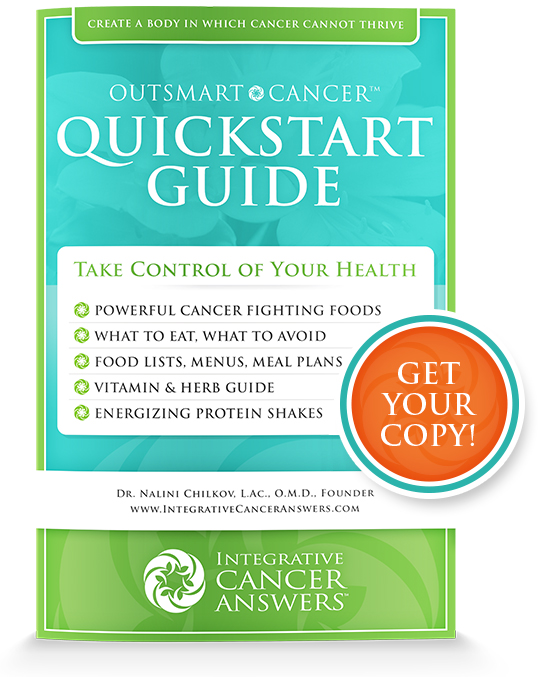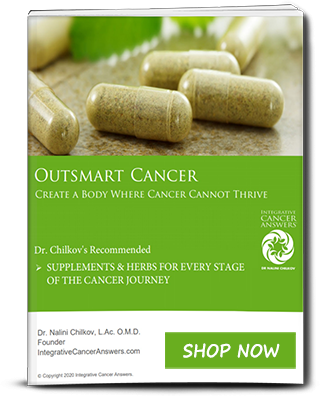 There is a Deadly Connection Between Cancer and Fat.
There is a Deadly Connection Between Cancer and Fat.
Fat is Out. Lean is In There is no place to hide. You have got to be svelte if you want to stay healthy and outsmart cancer. And if you have cancer or want to avoid getting cancer in the future, pay attention! You CAN save your own life!
Obesity is an epidemic. Nearly 70% of United States adults are overweight or obese” 2,7. That means 7 out of 10 people are at increased risk for cancer just because they are fat.
These common cancers are linked to excess body fat: breast cancer (especially after menopause), prostate cancer, kidney cancer, colon cancer, pancreatic cancer, esophageal (throat) cancer and uterine (endometrial) cancer. We know that “ Women with breast cancer, who are obese, have poorer survival than women with breast cancer, who are not obese.”1, 7
What is the connection between fat and cancer?
Your Fat on Fire
It seems that one of the big drivers of cancer is that fact that fat is on fire. Fat cells produce high levels of inflammation and this “fire” in the body is an environment that sets the stage for the development, growth and progression of cancer. 7
Deadly Sweets
As body fat increases so does diabetes, blood sugar and deadly insulin levels. Insulin acts as a growth factor for cancer. Not only do you need to be lean, but you need to control your blood sugar to outsmart cancer. 7
Starving for Nutrients
Body fat, especially belly fat is actually an organ that secretes hormones (including estrogen which fuels many cancers), cooks up inflammation and needs its own blood supply. As you store more fat, your body needs to make more blood vessels to supply your fat cells with nutrients and oxygen. As your fat expands, signals to make more blood vessels ( the process of angiogenesis) are triggered. This is exactly what cancer cells do so that they can grow. In the presence of these messages for growing new blood vessels, small groups of cancer cells can grow into larger tumors. As your fat stores grow, so does cancer.
Excess body fat and high insulin blood sugar sets the stage for cancer growth.
In order to reduce cancer risk, you need to create an environment in your body that is inhospitable to the presence of cancer. Becoming lean reduces these big drivers of cancer growth.
What Can You Do?
Reduce your intake of sugars and starches. Eat a low sugar, low carb, low glycemic diet.
Eat an anti-inflammatory diet: eat more plant and less animal sourced foods and avoid foods that trigger allergic and inflammatory reactions
Get more exercise to reduce body fat and enhance normal immunity
Get 7-9 hours of sleep (too little sleep is linked to both obesity and cancer)
Relax. When you are wound up and have high levels of stress hormones, you store more body fat.
Learn how to OutSmart Cancer by making small changes that make a big difference
Always consult your health care provider before making changes to your diet and exercise routines. These statements have not been evaluated by the Food and Drug Administration and are not intended to diagnose, treat, cure, or prevent any disease.
References
1 Breast Cancer Res Treat. 2010 Oct;123(3):627-35. doi: 10.1007/s10549-010-0990-0. Epub 2010 Jun 23.
Effect of obesity on survival of women with breast cancer: systematic review and meta-analysis.
Protani M1, Coory M, Martin JH.
2 Mol Carcinog. 2012 Jan;51(1):53-63. doi: 10.1002/mc.20778.
Obesity and pancreatic cancer: overview of epidemiologic evidence and biologic mechanisms
Bracci PM.
3 Cancer Epidemiol Biomarkers Prev. 2005 Feb;14(2):459-66.
Obesity, recreational physical activity, and risk of pancreatic cancer in a large U.S. Cohort.
Patel AV1, Rodriguez C, Bernstein L, Chao A, Thun MJ, Calle EE.
4 Immunol Res. 2014 May 17. [Epub ahead of print]
Effects of obesity on immune responses to renal tumors.
Chehval V1, Norian LA.
5 Breast Cancer Res Treat. 2014 May 20. [Epub ahead of print]
Overweight and obesity as poor prognostic factors in locally advanced breast cancer patients.
Arce-Salinas C1, Aguilar-Ponce JL, Villarreal-Garza C, Lara-Medina FU, Olvera-Caraza D, Alvarado Miranda A, Flores-Díaz D, Mohar A.
6 Clin Cancer Res. 2008 Mar 15;14(6):1718-25. doi: 10.1158/1078-0432.CCR-07-1479.
Prognostic value of body mass index in locally advanced breast cancer.
Dawood S1, Broglio K, Gonzalez-Angulo AM, Kau SW, Islam R, Hortobagyi GN, Cristofanilli M.
7 Front Endocrinol (Lausanne). 2014 May 1;5:65. eCollection 2014.
Mechanisms Linking Excess Adiposity and Carcinogenesis Promotion.
Pérez-Hernández AI1, Catalán V2, Gómez-Ambrosi J2, Rodríguez A2, Frühbeck G3.
8. Chilkov, Dr. Nalini, 32 Ways to Outsmart Cancer













As Seen On: